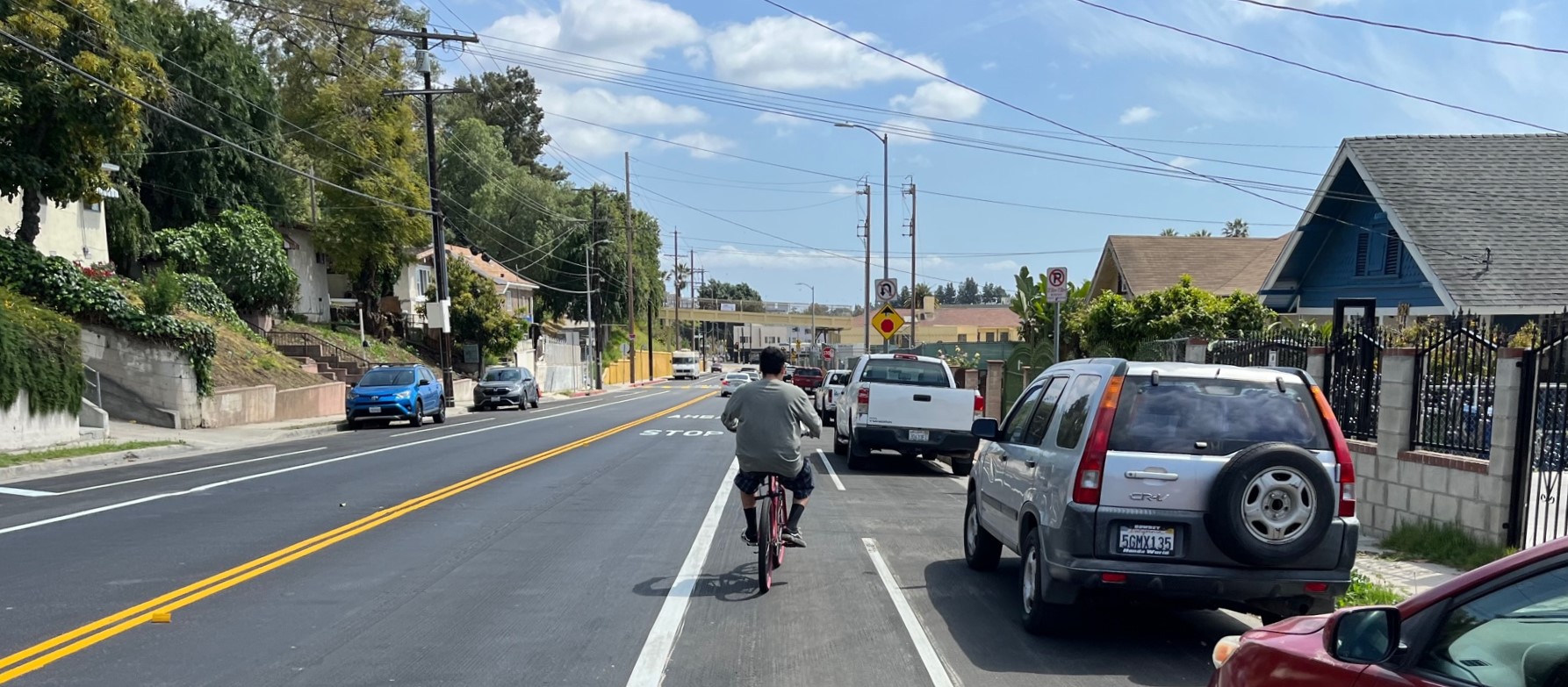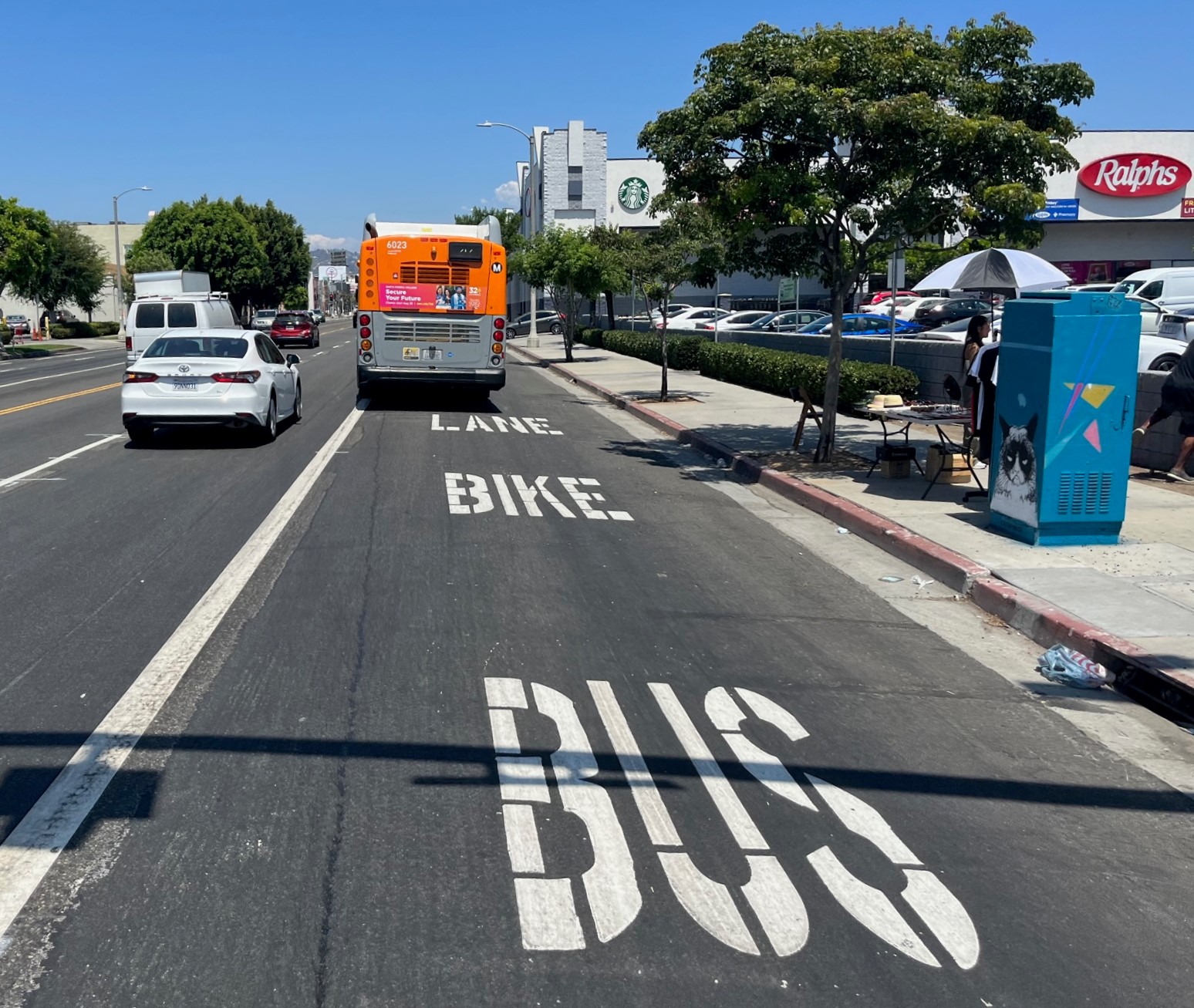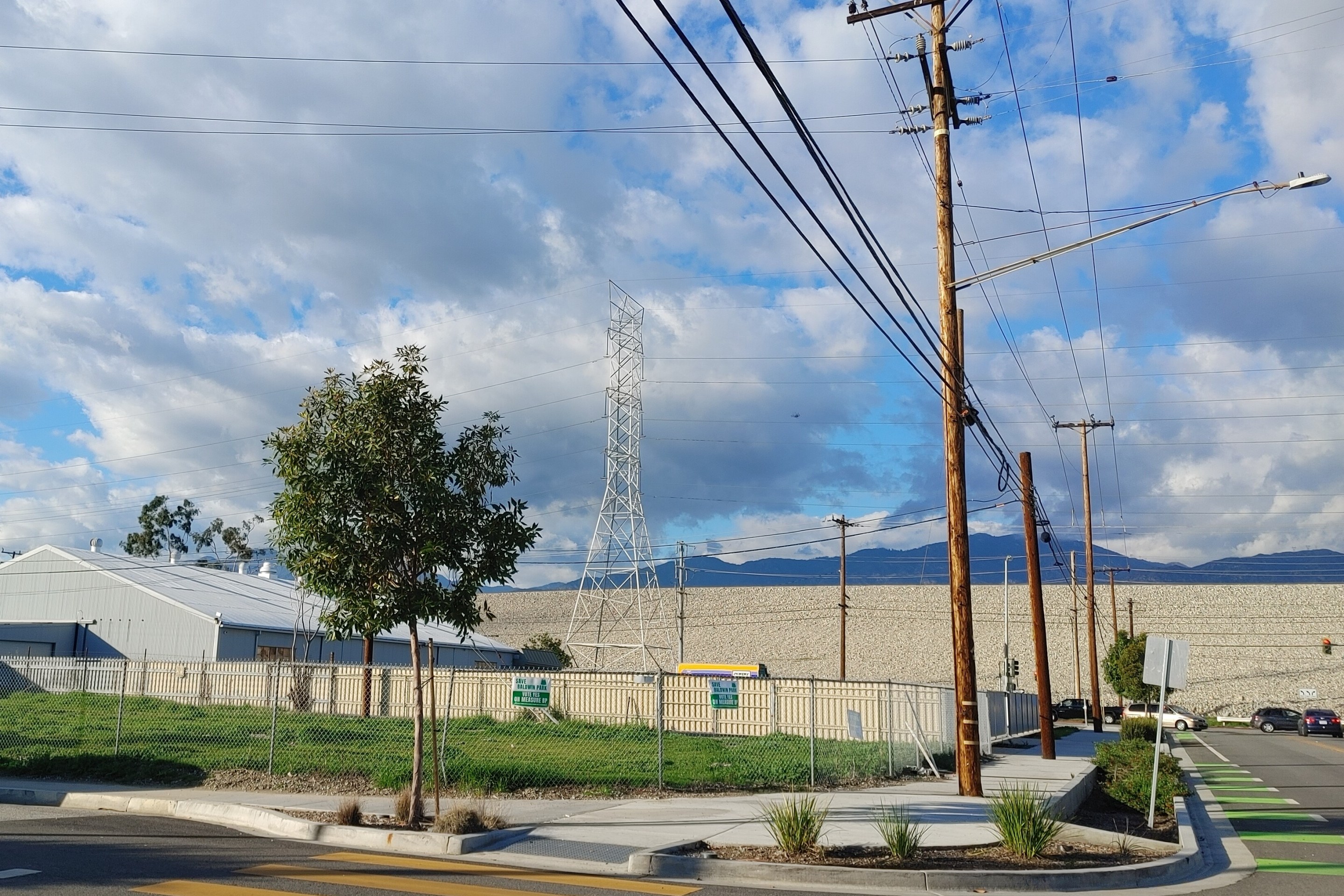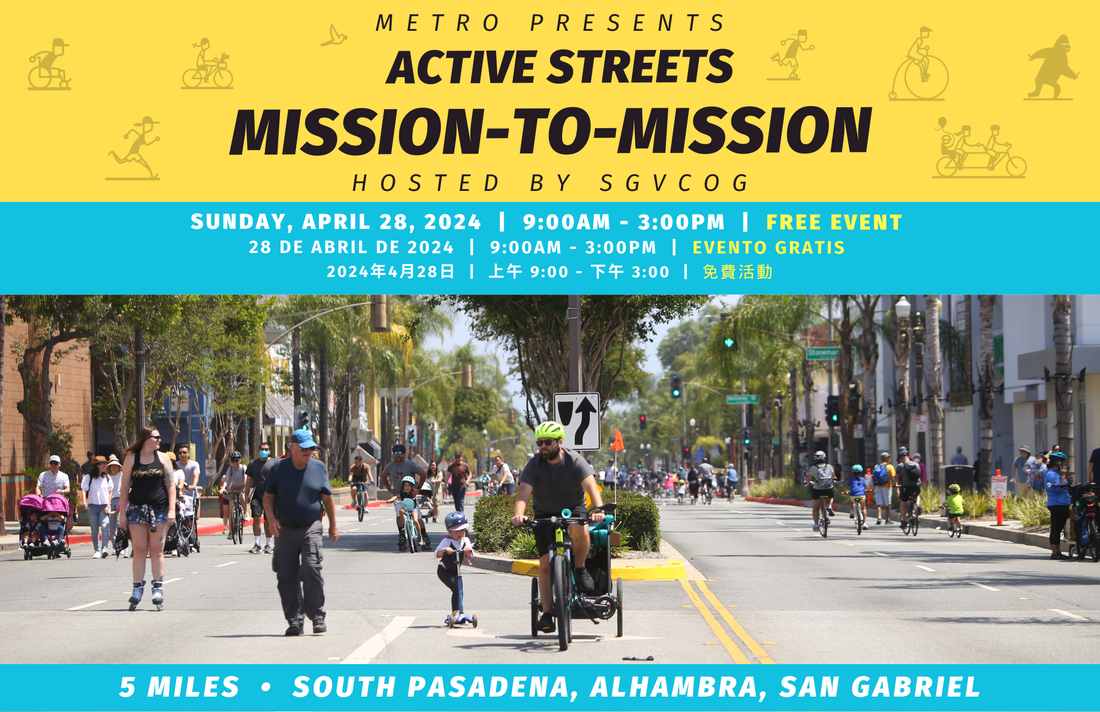We're taking it out of the city and into the suburbs and small towns today on the Streetsblog Network. Member blog Urban City Architecture takes a look at Moving Communities Forward,
a recently released report on transit-oriented development (TOD) from
the American Institute of Architects and the Center for Transportation
Studies at the University of Minnesota (it was funded by the Federal
Highway Administration):
What
this study ultimately says is that Americans who live in small towns do
not have to be afraid of environmental and transportation development
initiatives. Small town/city life is an ideal fit with principles that
encourage walkable pedestrian environment and connected communities
with urban centers. It was not many decades ago that small-town life
resembled the transit-oriented developments that we are now attempting
to recreate -- small towns throughout America were dependent on
connected and sustainable centers. One could even argue that many of
the small towns and cities in America were in and of themselves
transit-oriented developments -- before the wide acceptance of the
automobile, railroads and walkable developments where the lifeline of
many of these towns.
Urban Review STL is on a road trip, visiting a mall outside Seattle to see what walkability might mean in a suburban retail environment. Bike PGH
reports on Pennsylvania governor Ed Rendell's Sunday-talk show
appearance, in which he said that merely reauthorizing the current
transportation bill would be "a disaster for future generations. We
have to change. We have to
do something like the infrastructure bank; creative, innovative,
visionary." And at the Fast Lane, DOT secretary Ray LaHood continues to lay out an explanation of what "livable communities" mean to this administration.
Speaking
of which, we really like a lot of what we're reading on the DOT blog,
but we kind of stumble on the name every time we have to type it. We'd
like your suggestions for a new name that would reflect the shift in
policy we seem to be seeing. Hit us with your ideas in the comments.





